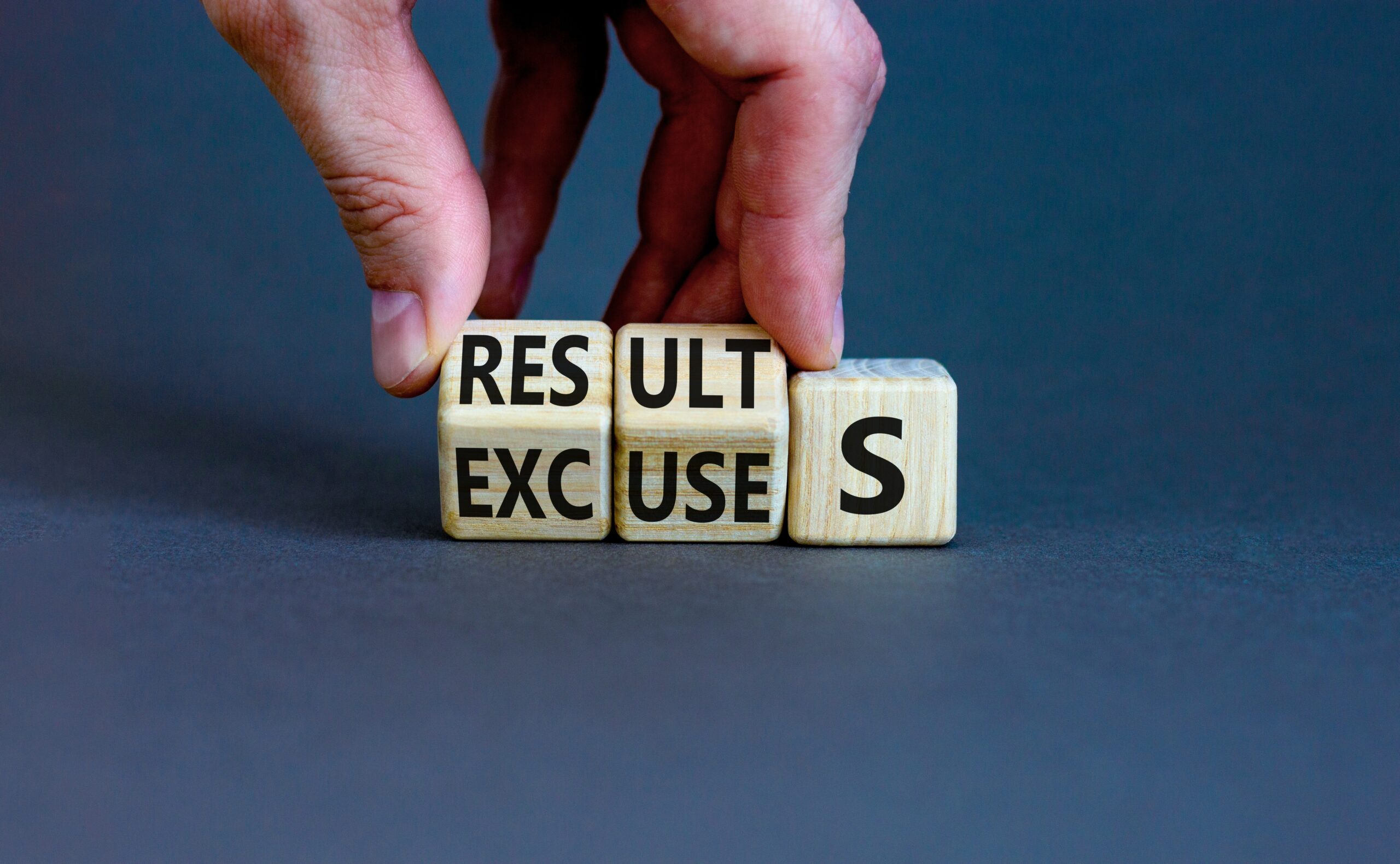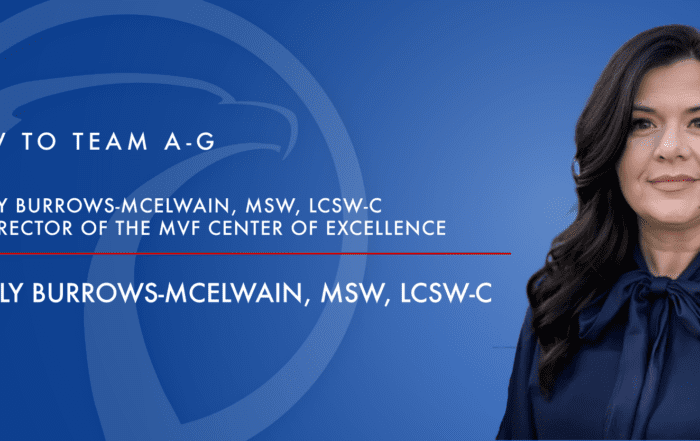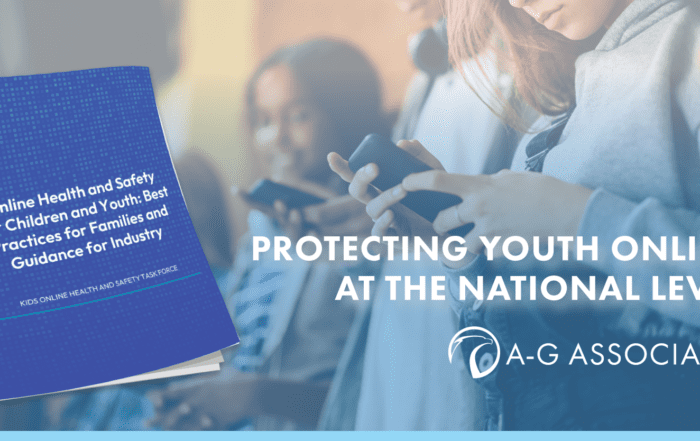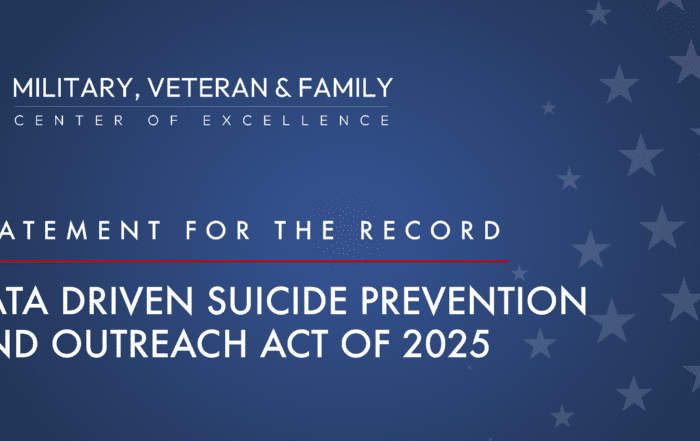Stay Away from the Big “But”

In my 44 years of living, I’ve observed one consistent thing about my interactions: successful people use successful language. I am not assuming that successful people are driven all the time, but that success is a mindset reflected in the language that we use to either talk ourselves into achieving something difficult or talking ourselves out of it. Even the philosopher Confucius was known for saying the following: “He who says he can, and he who says he can’t are both usually right.”
I’ve been a U.S. Marine for over 20 years. When sharing my experiences with other adults, I usually get the reaction “I almost joined the Marines but….” from a high percentage of people, even other Veterans. Inevitably, this quote is followed by an excuse for not joining the Marine Corps. The remainder of the conversation is usually filled with the person describing things that he/she wants to do and not what he/she has already achieved.
I’ve also been a small business owner for nearly 15 years and receive similar reactions when I tell people what I do for a living. Many times, I hear the response “I thought about starting my own business but….”. Once again, this quote is followed by an excuse why the person did not move forward with creating a business. However, when speaking with fellow small business owners, especially successful ones, I notice that their observations are filled with much more positivity and determination.
The two examples above bring me to the point of this article which is the harmful use of the word “but”. I witness adults using the word “but” all the time similarly and see the negative effects with those who use it regularly. In my work with young people in Baltimore City, I also observe the exact same trend in preteens and teens with the same mindset. Let’s refer to these people as I will call “but-ters”.
Below, you will find an example of a statement that obviously represents a goal that is very difficult to achieve. Some examples of positive language are also given with simple solutions for more positive outcomes by using these three words instead of but: by, when, and because.
Statement: I’m going to change the world with the work that I’m doing, but it’s going to be very difficult to do so.
- Example #1: I’m going to change the world by starting with a program in my own community and learning what works and what doesn’t. Instead of “but”, use the word “by”. This approach implies that you have a vision and plan which increases the likelihood of achieving your goals.
- Example #2: I’m going to change the world when I grow my own personal net worth and have larger amounts of money to invest in great community-based organizations. Instead of “but”, use the word “when”. This approach reminds you that you have a timeline and dependencies. The likelihood of achieving your goals increases when you can develop a roadmap for achievement.
- Example #3: I’m going to change the world because I see the power of community service and how beneficial it can be to people from any background. Instead of “but”, use the word “because”. This approach reminds you of how passionate you are about what you’d like to achieve. The likelihood of achieving your goals increases when you are passionate and determined.
While writing this article, I conducted research and found other articles that supported my observations and provided additional evidence for the power of using positive language. One article by IntelligentChange.com suggested that using positive language can lead to improved self-perception, improved mood and well-being, inspiration for others, and an improved workplace environment. Another article by StaffSquared.com maintained that using positive language can actually improve cognitive function in the brain.
In closing, I hope that this article provided some ideas for using more positive language that will help you become more successful along making with a positive impact on colleagues, clients, and family members. I wish everyone the best of luck in achieving their goals in 2023 and remember don’t be a “but-ter”!



